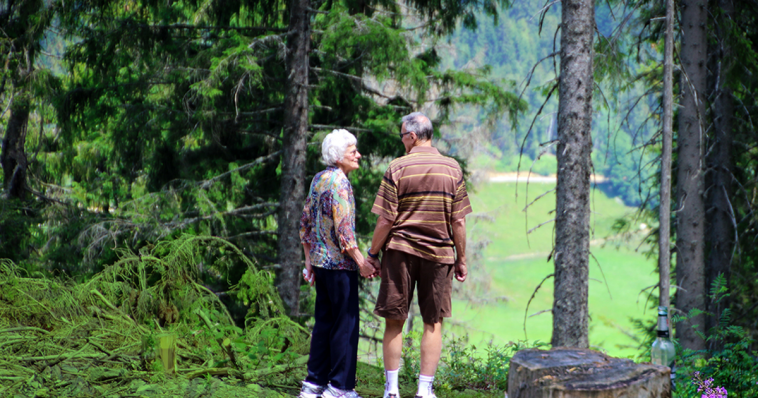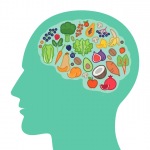Mental health, like physical health, requires ongoing efforts and attentive care. If you feel yourself slipping into states of anxiety, stress, or even depression, it can be challenging to stop the downward spiral. However, an acknowledgment of the problem will take you halfway back to stability, and a few lifestyle changes can guide you along the rest of the way. A popular example of such lifestyle changes is developing a hiking routine.
With the recent growth in interest in wellness, nutrition, and the use of exercise to extend life-expectancy, more research has been conducted to establish the links between physical activity and mental health. Findings were encouraging: accessible activities such as hiking can appease the symptoms of depression, promote hormonal stability, and healthy brain activity. Incorporating hiking in your weekly (or even daily) routine can help you sleep better, feel more energized in the morning, and have a more positive and serene outlook on life. Here are 5 specific ways in which this practice could improve your cognitive and emotional health.
1. Hiking Brings You Closer To Peaceful Nature
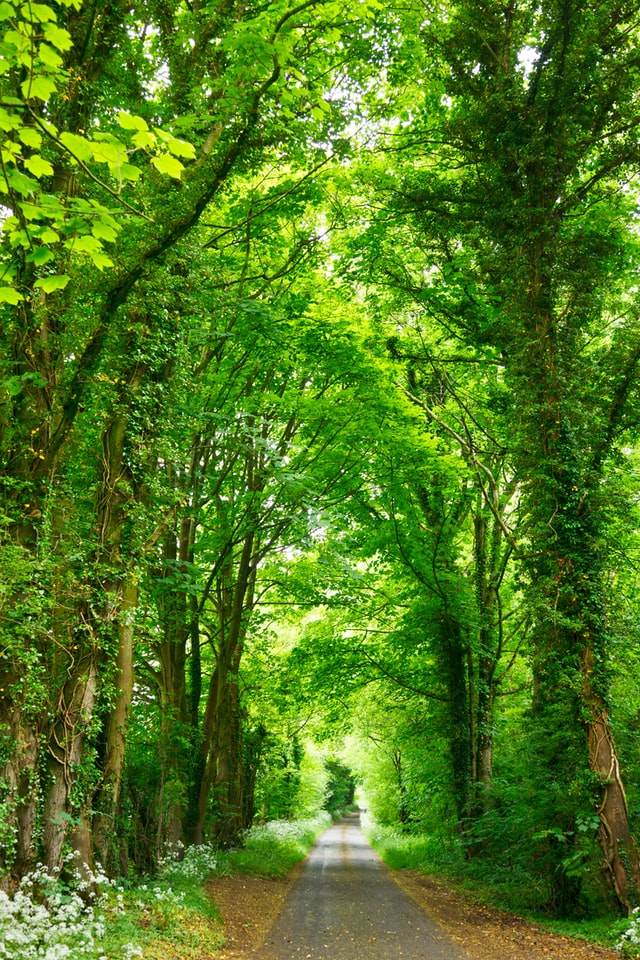
There have been significant findings on the relationship between a person’s exposure to nature and their stress levels. Studies found that being out in the open, among greenery, with your senses tuned to your natural surroundings, will reduce your stress levels. Nature provides freshly oxygenated air, which offers nourishment for the cells of your brain, giving you the impression of a clearer head.
Hiking doesn’t only immerse you in nature; it requires you to interact with it. Following a trail, you may have to watch out for fallen branches, choose your paths along a mountain’s rocks, and perhaps even stop by a stream to splash water on your face. This comfortable, carefree navigation through nature will make the exercise aspect more pleasant, which will allow you to push yourself further. The more you push yourself physically, the more endorphins you are likely to release from exercise. Endorphins are the hormones responsible for good, restful sleep, relaxation and stress and pain relief.
2. Hiking Can Leave You Feeling More Energized

A common misconception of exercise is that it merely serves to tire out the body. However, research has found that exercise such as regular hiking can improve our body’s ability to metabolize nutrients to create energy. This is often what leads to the feeling of “lightness” and “boosted energy” experienced by people who have just lost substantial amounts of weight. Muscle takes much more energy to create than fat, therefore when your body perceives that you will be relying more on muscle, the more energy it releases to develop it. This energy is both mental and physical; the more energy your body has, the easier it is for your brain cells to share signals. This leads to sharper, clearer thinking.
3. Hiking Makes The Mind Work Faster
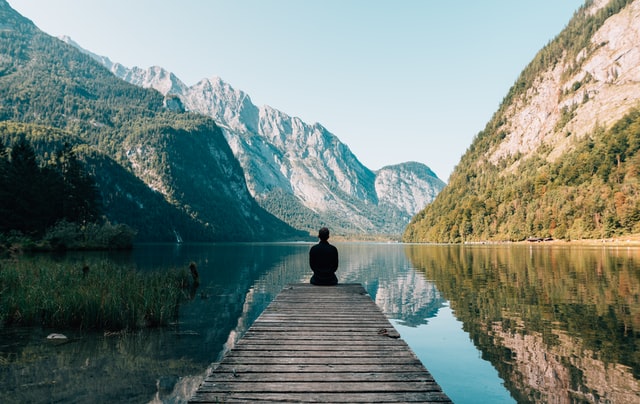
As mentioned above, a hiking routine allows your body to create more energy with the nutrients you consume. This promotes cell regeneration, which can improve your memory and focus. While the long-term habit stimulates your body and brain to be more efficient, the practical thinking tasks you will be faced with while hiking will encourage you to think on your feet. As you follow hiking trails, you will be required to make quick co-ordination decisions to avoid tripping over a stone or hurting your ankle by ramming it into uneven ground. You may have to use your sense of orientation, which will require focused awareness of your surroundings. This will heighten several senses at once (smell, touch, sight, and sound), leading to a lot of simultaneous brain activity.
Hiking also promotes the practice of mindfulness, which in Yoga pertains to a focus on the self in one present moment. When hiking, you will be required to think only of what you sense, how your body is responding to your surroundings, how fast you can go, how much more energy you have. This will put you “in the moment,” which helps steady your breathing, blood pressure and even eradicate some negative thoughts. Once negative thoughts (stressors) are gone, you may find greater ease thinking critically. This can help you find solutions to current problems or practice inner-conflict resolution. Learn more about how to tame your mind in stressful times.
4. Hiking Promotes Creative Thinking

If your current occupation requires a certain level of creativity, you may have found out already that staying locked indoors can hinder creativity. Your mind will need motivation and perceived freedom to wander and to explore possibilities based on observations. Some scholars believe that the spaciousness and “unpredictability” of the appearance of nature allow our minds to feel at ease, with an elevated curiosity, and calm awareness. This state can allow you to pay closer attention to subdued inspirations and creative urges. It can also help remove the “fog” around your inspirations, by providing you the space, fresh air, and alone time you likely need to consider every angle of your idea(s).
5. Hiking Helps You Have Healthier Relationships
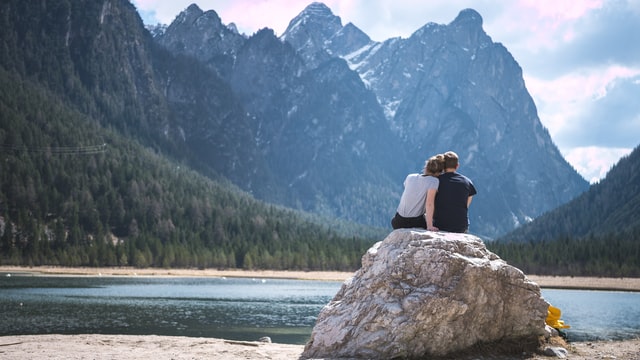
When your stress levels increase, considerable energy is wasted on coping with your stressors, fulfilling obligations, and just going about your day. This can leave little energy to actively empathize with those around you, by putting yourself in their shoes to consider how they may have perceived a certain incident or responded to particular news. Instead, people often experience mood swings, a shortened temper, and increased irritation when they are chronically exhausted. This can strain relationships, making both parties impatient and too tired to give enough attention, care, compassion, and consideration to those around them. Hiking has been found to help promote positive thinking, which upholds our willingness to empathize. By clearing your mind, providing you with pleasant visual stimulation and fresh oxygen, hiking invites your brain to make more positive, serene, and empathetic conclusions.
A Final Word
Hiking isn’t just a trendy physical activity; it is a highly beneficial habit that can help you obtain a more peaceful and sharper mind. This can allow you to have healthier relationships, focus more at work or in school, and get the restful sleep you have been seeking. Hiking is a wonderful way to combine exercise with an immersion into nature; therefore, you can expect it to have both the advantages of physical activity and of going on a peaceful retreat. If someone you know is dealing with anxiety, stress or depression, share this resource with them today to help them discover balance and healing through hiking.

